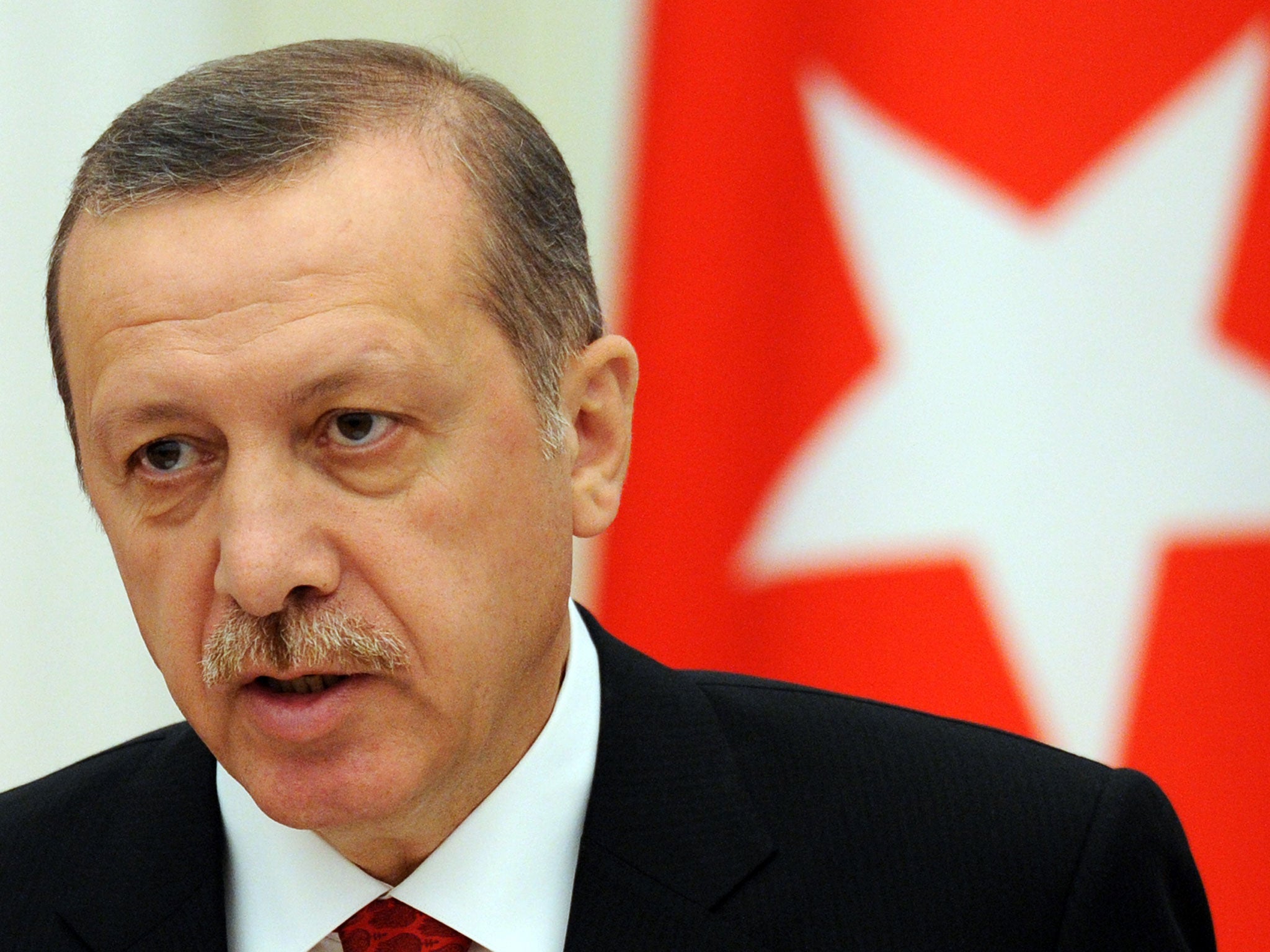The Broader Context of Social Media and Political Power: As Instagram Remains Blocked In Turkey Erdogan Accuses Social Media Companies Of Digital Fascism

The recent events in Turkey, where social media platforms have been blocked and the government has accused these companies of “digital fascism,” highlight a growing global trend: the complex relationship between governments and social media. This relationship is characterized by a struggle for control, with governments seeking to regulate or restrict platforms while social media companies champion freedom of expression and user privacy.
The Global Trend of Government Control Over Social Media
Governments around the world are increasingly attempting to control or restrict social media platforms, citing concerns about national security, misinformation, and the spread of hate speech. This trend is not limited to authoritarian regimes; even democratic nations have implemented measures to regulate online content. For instance, the European Union’s General Data Protection Regulation (GDPR) aims to protect user privacy and data security, while the United States has grappled with issues like Section 230 of the Communications Decency Act, which shields social media companies from liability for user-generated content.
The Interplay Between Social Media and Political Power, As instagram remains blocked in turkey erdogan accuses social media companies of digital fascism
Social media platforms have become powerful tools for political mobilization, enabling individuals and groups to organize, disseminate information, and engage in political discourse. This has led to both opportunities and challenges for political actors. On the one hand, social media can empower citizens by providing a platform for dissent and facilitating the spread of alternative viewpoints. On the other hand, it can be used for propaganda, manipulation, and the spread of disinformation, potentially undermining democratic processes.
The Challenge of Balancing Free Speech and National Security in the Digital Age
The rise of social media has presented a significant challenge to the traditional balance between free speech and national security. While governments have a legitimate interest in protecting their citizens from threats, the ability to censor or restrict online content raises concerns about censorship and the suppression of dissenting voices. The challenge lies in finding a way to address legitimate security concerns without unduly restricting freedom of expression.
Hypothetical Solutions to the Conflict Between Social Media Companies and Governments
One potential solution to this conflict could involve the establishment of an independent international body responsible for regulating social media platforms. This body would be tasked with developing global standards for content moderation, user privacy, and data security. It would also provide a forum for governments and social media companies to collaborate on addressing issues like misinformation and hate speech.
Another approach could involve the development of more sophisticated algorithms that can identify and remove harmful content without the need for human intervention. This would require a significant investment in research and development, but it could potentially reduce the risk of censorship and ensure a more consistent and objective approach to content moderation.
Ultimately, finding a solution to the conflict between social media companies and governments requires a delicate balance between freedom of expression, national security, and user privacy. Open dialogue and collaboration between all stakeholders are essential to finding a path forward that protects both individual rights and societal interests.
As instagram remains blocked in turkey erdogan accuses social media companies of digital fascism – The ongoing conflict between Turkey’s government and social media companies, exemplified by the recent Instagram ban, echoes a broader trend of governments seeking control over digital platforms. This echoes the sentiments of Parisians who once fiercely opposed hosting the Olympics, citing concerns about cost and disruption.
However, as seen in the article exploring the shift in Parisian sentiment , public opinion can evolve. This begs the question: will Turkey’s stance on social media platforms soften, or will the government continue to assert its control over digital spaces?
While the Turkish government cites concerns about misinformation and manipulation as reasons for blocking Instagram, the platform’s users see it as a suppression of free speech. The debate surrounding social media control in Turkey mirrors broader concerns about the balance between national security and individual freedoms, a complex issue that even extends to seemingly unrelated topics like the design of a emerald green accent chair.
The choice of color, materials, and style for such a piece can reflect individual taste and preferences, much like the freedom to express oneself online. Ultimately, the ongoing tension between government control and individual expression on platforms like Instagram underscores the need for a delicate balance that respects both security and freedom.
